Pabna, July 8 (V7N) - A sudden release of water from the Talimnagar sluice gate has submerged over 200 bighas of Aman paddy fields in the Gajnar Bil area of Sujanagar upazila, Pabna, leaving hundreds of farmers in despair. The incident has sparked outrage among local farmers, who claim they were not consulted prior to the decision. Meanwhile, local administration defends the move, citing the need to support jute cultivation and fishery conservation.
On Monday (July 7), a visit to the Gajnar Bil area in Sujanagar upazila revealed large portions of paddy fields under water. Only the green tips of a few paddy plants could be seen above the surface; most of the crops were completely submerged. Farmers, having invested in sowing Aman paddy by hand, are now at a loss.
Bakul Sheikh, a farmer from Badai village, had cultivated Aman paddy on ten bighas of land this season. Overnight, seven bighas of his field went underwater. "I depend entirely on farming. I have no other means of survival. I don’t know what to do now. If we get compensation, maybe we can recover something," said Bakul, visibly distressed.
He is not alone. Over a hundred farmers from the area are facing similar devastation. They allege that the Sujanagar Upazila Nirbahi Officer (UNO) released the water without consulting the farmers. As a result, approximately 200 bighas of early-sown Aman paddy have gone underwater.
Farmers Rejai Sheikh and Nader Sheikh expressed their frustration, stating, "The UNO controls the Talimnagar sluice gate. But this time, he released water without any discussion or warning. Our crops have been submerged overnight. We have never seen anything like this before."
Mokbul Hossain, another local farmer, noted, "Out of 500 bighas of cultivable land in the beel, about 200 bighas are now submerged. Had the water been released gradually, we wouldn’t have suffered such a loss."
Other affected farmers, including Sujon Biswas and Akhtar Hossain, highlighted the significance of Aman paddy to their livelihood. "This crop requires low investment. It feeds our families for the whole year. But now all our hopes and dreams are drowned. We need compensation to survive."
In response, Sujanagar UNO Mir Rasheduzzaman Rashed explained, "The decision to release water in early July was made considering the needs of jute farmers and the preservation of aquatic resources. Jute has matured and requires water for retting. Moreover, the beel receives juvenile fish with tidal water, which is crucial for fisheries. Water release began on June 1 for these reasons."
However, he assured, "If any farmers have suffered losses, we will coordinate with the Department of Agricultural Extension to initiate compensation through incentive packages."
Upazila Agriculture Officer Faruk Hossain Chowdhury added that farmers had earlier requested a slow release of water. "We conveyed their concerns to the UNO. But pressure from highland jute farmers made the release inevitable. It’s difficult to balance everyone's needs. Still, by pumping out the excess water, we can save most of the affected paddy fields."
Background & Context:
Gajnar Bil is a significant low-lying agricultural area in Sujanagar upazila, known for its seasonal cultivation of paddy, jute, and fisheries. Aman paddy, typically sown during the monsoon season, requires proper water management. Mismanagement of water levels—either due to excessive rainfall or artificial sluice gate operations—can lead to major losses. This region’s livelihood heavily depends on these early monsoon crops, especially for marginal farmers with limited resources.
Impact:
The sudden submersion has not only affected food security and income for hundreds of farming families but also raised questions about local administrative coordination and crisis management. While the intention to support jute processing and fish breeding is valid, the absence of consultation with stakeholders has created avoidable conflict and economic damage.
What’s Next:
Farmers are now demanding immediate relief and a long-term water management policy that includes all stakeholders. The local administration has pledged to assess the damage and provide support, but the effectiveness and timeliness of this support will determine how soon affected families can recover.
END/SRP/SMA/



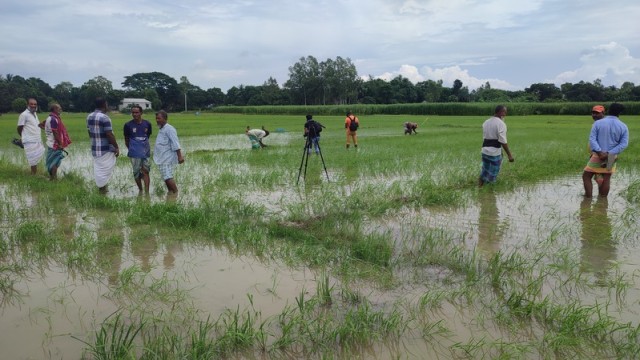
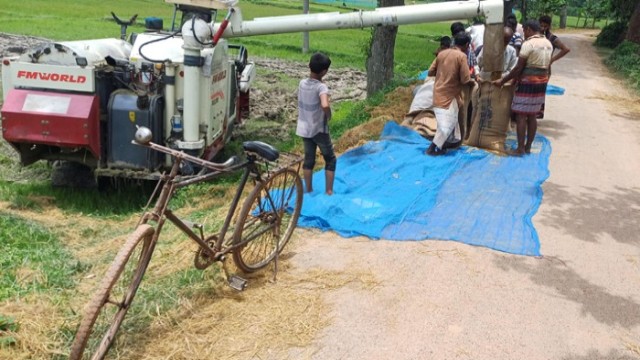
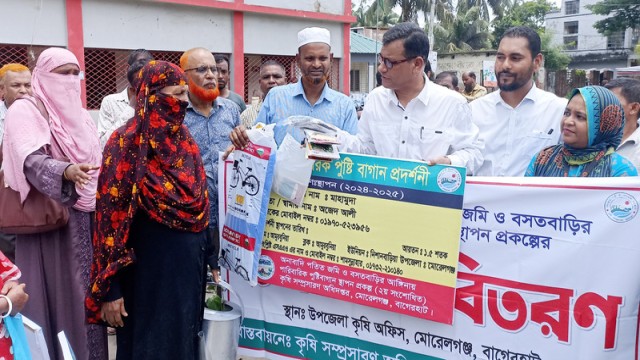
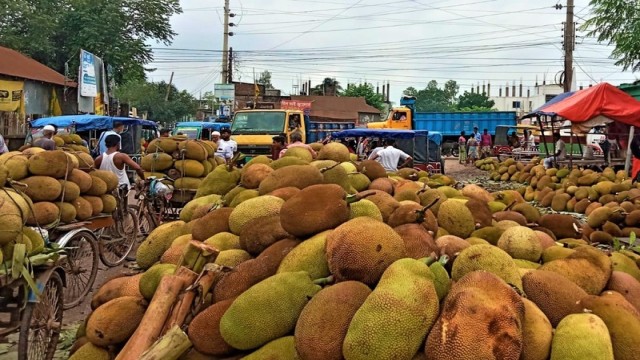
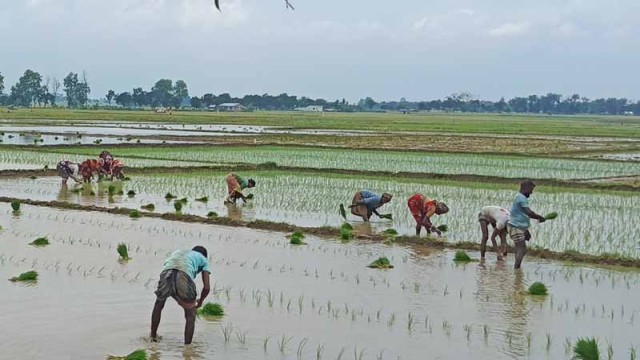
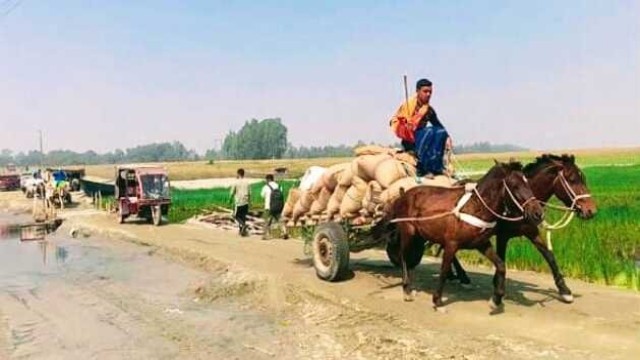
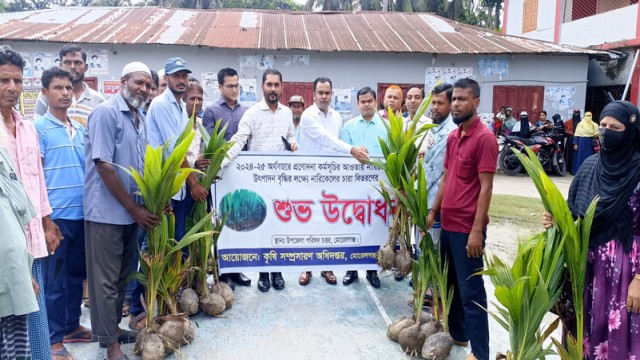
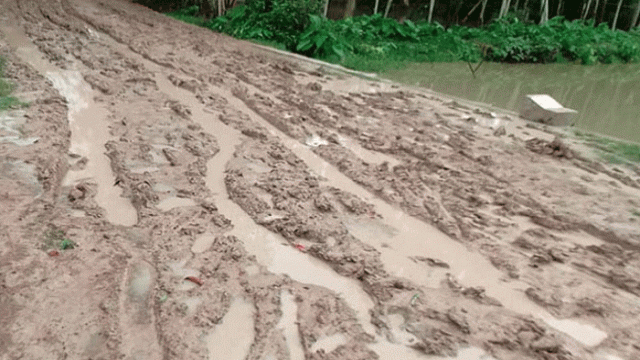

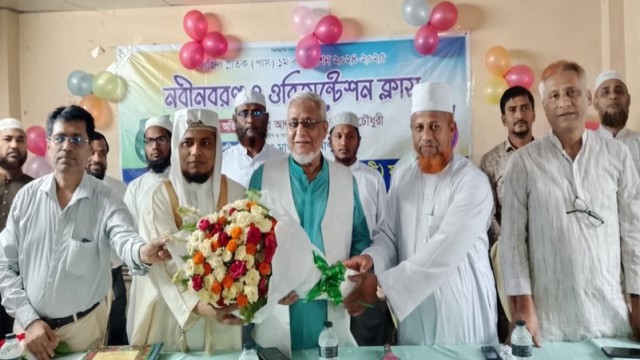
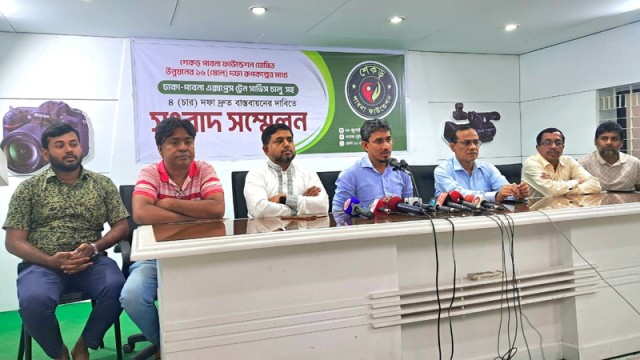
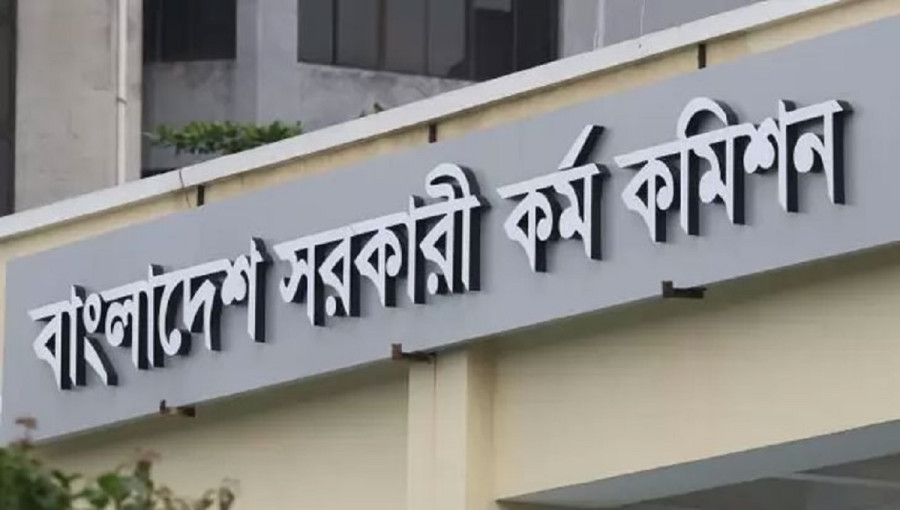
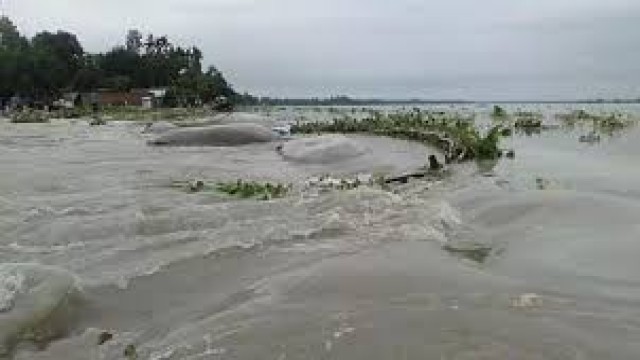



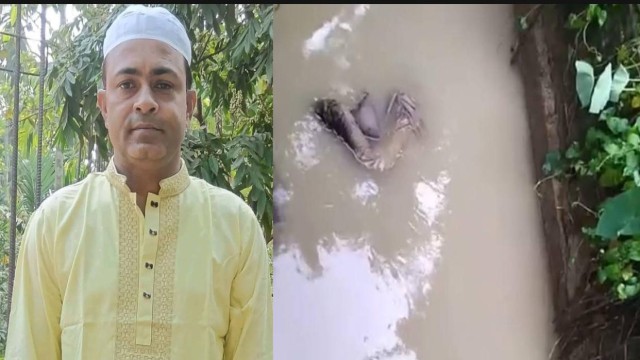


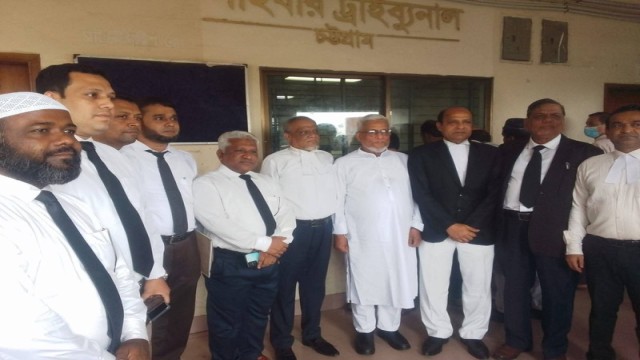

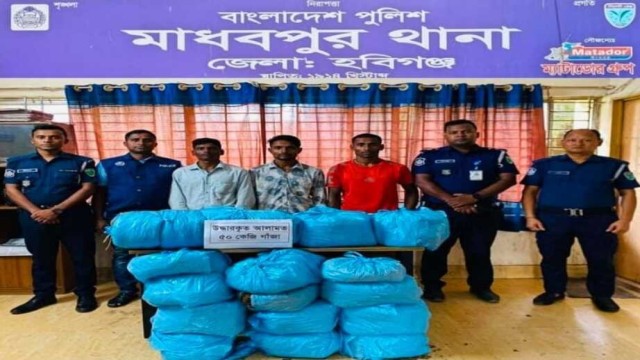




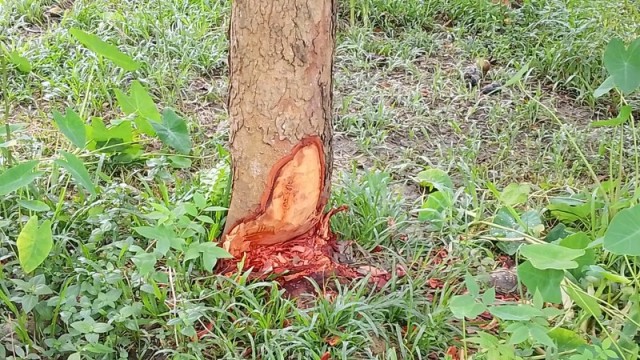
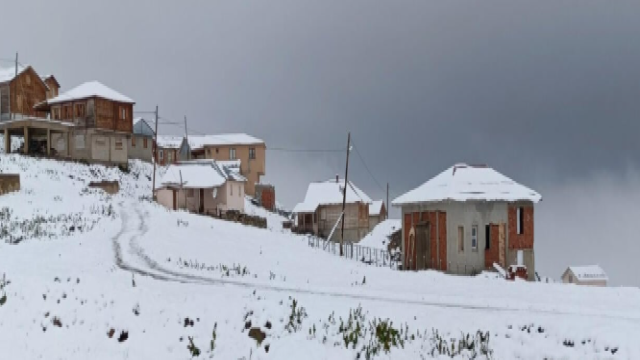
Comment: